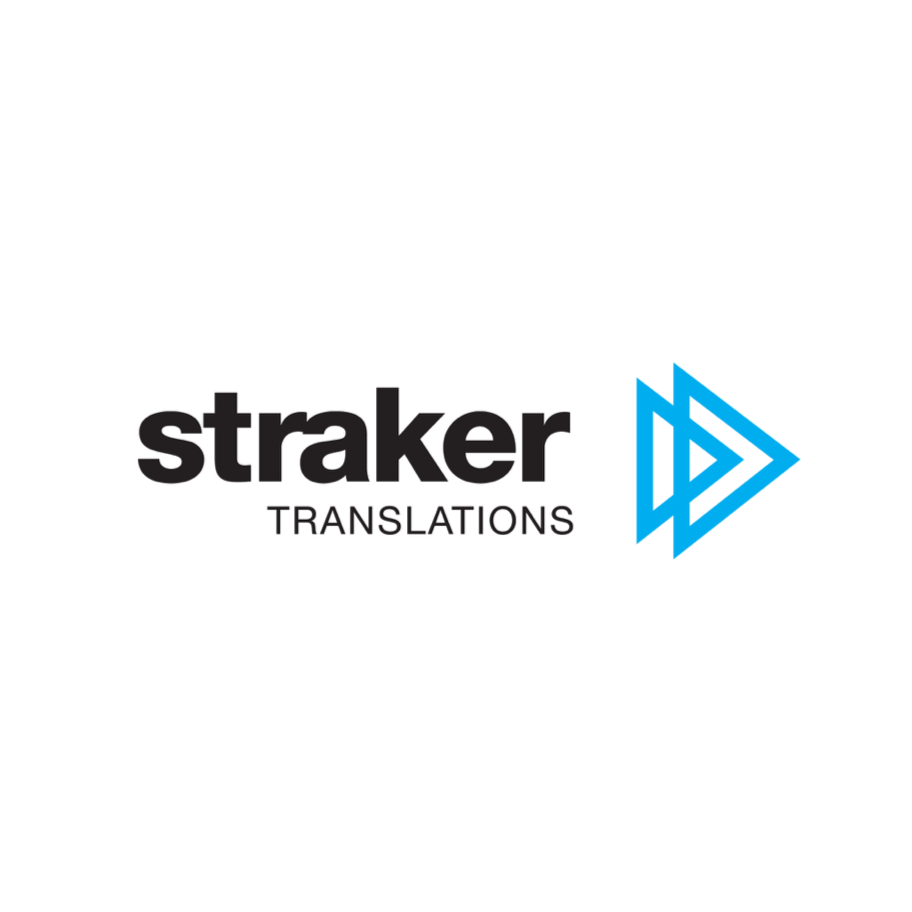
NZ Herald: Straker’s plan for $25m war chest
ASX-listed, Auckland-based Straker Translations says most of the proceeds from a "significantly over-subscribed" A$25 million ($26.3m) equity raise, which closed Friday, will go toward growth initiatives.
Co-founder and chief executive Grant Straker says further acquisitions are possible as his company shoots to meet a bullish forecast of revenue rising by two-thirds this year. The new funds will go toward a mix of organic and inorganic growth opportunities.
His company is now in "advanced discussions with multiple acquisition targets".
But $8m is earmarked to pay down debt Straker took on in January to part-fund its purchase of Lingotek in a $9.1m deal that could rise to $13.5m with earnouts. It was easily the largest in a string of acquisitions (Straker has bought eight of its smaller peers since 2016), and it boosted Straker's revenue by a third in the process as it bought global clients like Nike, Oracle and Salesforce into the fold.
"Our share price was lower in January, so rather than raising equity at the time we used a friendly loan from some NZ high net worths - including some early Straker shareholders - to buy the company, get re-rated by the market and raise when the share price was higher," Straker tells the Herald.
"Some of the rest will go towards an increase in working capital requirements as we grow. We have given guidance of more than $50m in our 2022 financial year [which began on April 1] so are going from $31m to $50m this year. Our pro-forma run-rate out of 2021 was $41m if you include Lingotek."
"But the main use of the funds will be to drive both organic and inorganic growth initiatives."
Deals will play a major part in the growth of the extra revenue forecast, only around $10m will come from the company's existing operations.
Straker announced it was shooting for a A$20m raise on June 2 and closed on June 4 with A$25m as new shares were issued at $1.90.
Shares toughed at 64c last March during the first wave of lockdowns but had recovered to A$1.51 by January. They were recently trading at A$2.33 for a market cap close to A$160 (Straker listed in late 2018 at $1.51 for an A$80m valuation).
"I know a lot of founders are put off by capital markets' continuous disclosures rules but they do give you the ability to raise A$25m in two days if you are in a constant state of readiness," Straker says.
There have been a string of New Zealand tech companies who have chosen the trade-sale route over an IPO over recent months, including Vend, Timely, Seequent, Ninja Kiwi and ezyVet.
But Straker says his company's experience shows there are positives to a public listing too.
"Given how NZ tech company exits there have been recently - all well deserved - being listed does enable founders to balance de-risking with growing the company and accessing growth capital as needed."
New and existing investors participated in the A$25m raise. Cornerstone shareholder Bailador Technology Investments (of which David Kirk is a co-founder and partner) chipped in more funds.
"One good positive for me was that ACC and Forsyth Barr [where Kirk is chairman] came in on this round so fantastic to have some top NZ institutions come into the register," Straker says.
The raise lifted Straker's net cash position from the $1.2m reported as of March 31 to just over $19m.
Straker's full-year 2021 result saw it lift revenue by 13 per cent to $31.3m and narrow its operating earnings loss from $0.2m from the year-ago $0.6m. The company was cashflow-positive in the second half. No profit/loss guidance was given for FY2022, but the company says it anticipates higher gross margins than the 53 per cent it reported for FY2021.
An expanded partnership with IBM, announced in November (when Straker shares at $1.64) kicked off in January "drove a surge in translation and product development activity" according to a Straker investor presentation.
New deals included a $1m plus contract with an (un-named) US TV production studio, which will see Straker supply subititles and (through a partner) dubbing for the Latin American market.
IBM already supplied an artificial intelligence platform used by Straker (which uses a mix of AI and a pool of 20,000 on-demand human translators. The curation by humans is billed as Straker's secret sauce in a world increasingly awash with free translation services). But under the new, now two-way alliance, Straker's RAY platform links to IBM's technology platforms to provide translation capabilities across 55 languages for the multinational's Adaptive Translation Services.
Shortly after signing the IBM deal, Straker told the Herald his company would hire 40 more staff (taking his total complement to over 200) to cope with its expanded business.
He's actually hired 46 since, which he puts down to a gun HR dept (10 were earmarked for Straker's Gisborne office, opened in 2018 to attract those daunted by Auckland house prices). But he says overall, recruitment remains hard yakka for tech companies. Like other tech leaders, Straker tells the Herald he was disappointed Budget 2021 had little to address the skills shortage and other issues facing the industry.
"The government should be doing so much more to drive tech growth out of New Zealand but they don't appear very interested in the opportunity right now."
Overall, however, Straker is upbeat.
"It's been a crazy year but I'm pleased to be heading into FY2022 looking at $50m-plus in revenue, a milestone that not many Kiwi tech companies still run by the founders achieve," he says.
